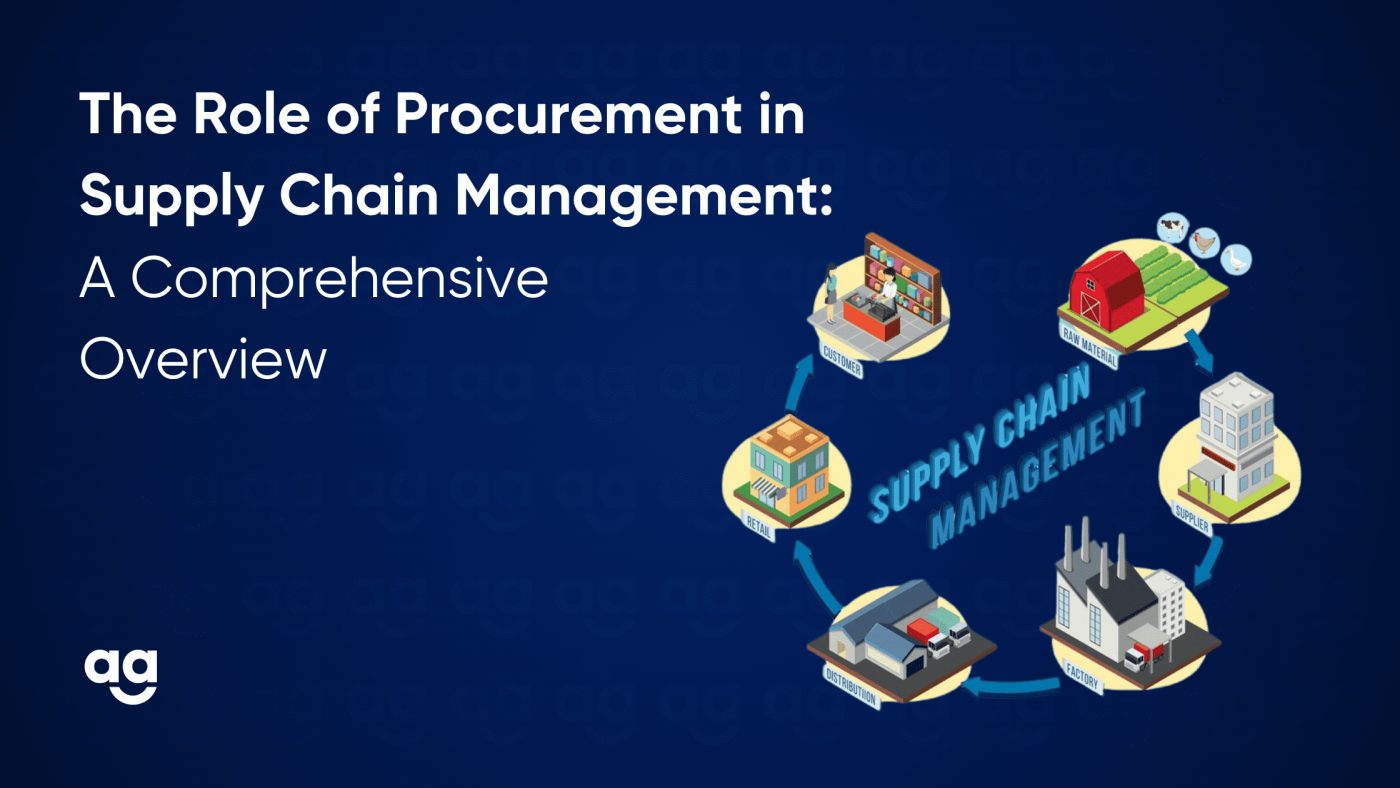Introduction
Procurement is an important link in the complex universe of supply chain management, connecting the various components that turn raw resources into completed goods and ship them to the end customer. Businesses seeking not only cost savings but also sustainability and resilience in today’s marketplaces must comprehend the comprehensive role that procurement plays.
Definition of Procurement
Procurement is basically the process of obtaining products, services, or labor from outside sources. This includes locating raw materials and acquiring completed goods or services required for a business’s operations. Modern procurement has transformed from being viewed as a transactional function to a strategic powerhouse that has a major impact on the success of an organization as a whole.
Strategic Sourcing
Strategic sourcing constitutes one of procurement’s main duties. This entails locating, assessing, and choosing suppliers according to a number of factors, including price, reliability, quality, and ethical behavior. Organizations can assure a broad and dependable supply base, lower costs, and less susceptibility to interruptions by proactively procuring goods and services.
Cost Efficiency and Value Creation
An essential component of supply chain cost management is procurement. Although cost effectiveness is still the primary goal, modern procurement techniques go beyond cost reduction. In order to strengthen the whole value proposition, procurement experts are increasingly catalysts for value creation, concentrating on elements like innovation, quality improvement, and total cost of ownership.
Risk Mitigation
Procurement is a first line of defense against supply chain risks in an uncertain world. The procurement department evaluates and reduces possible disruptions, such as natural disasters and geopolitical conflicts, by diversifying suppliers, putting backup plans in place, and using technology to monitor risks in real time.
Supplier Relationship Management (SRM)
Procurement is a continuous connection rather than a one-time transaction. Successful procurement requires effective supply chain management (SRM), which promotes cooperation, creativity, and mutual development between the customer and supplier. Organizations can obtain a competitive advantage, favorable terms, and access to suppliers’ knowledge for ongoing development by developing strong connections.
Compliance and Ethical Practices
Procurement makes sure that ethical and legal requirements are met during the sourcing process. This entails following fair trade principles, labor rules, and environmental standards. Procurement’s role in guaranteeing compliance and ethical behavior becomes a crucial driver of company reputation and customer loyalty as customers prioritize items sourced ethically more and more.
Technology Integration
The procurement paradigm has changed as a result of the digital revolution. Traditional procurement procedures are being transformed by automation, artificial intelligence, and data analytics, which allow for quicker decision-making, more accuracy, and improved supplier collaboration. With real-time data now at their fingertips, procurement specialists can optimize processes and make well-informed decisions.
Sustainability Initiatives
Leading the charge on sustainable projects, procurement promotes ethical sourcing and eco-friendly procedures. Businesses are realizing more and more, how crucial sustainable procurement is to satisfying customers, following laws, and advancing environmental goals worldwide.
Conclusion
In summary, procurement plays a much larger role in supply chain management than is typically associated with cost negotiating. It is a complex role that affects how resilient, competitive, and capable a company is to satisfy its clients. Procurement becomes a key player in the dynamic world of contemporary supply chain management by adopting strategic sourcing, cultivating supplier relationships, embracing technological innovations, and advocating for ethical and sustainable practices. An effective procurement strategy is essential for long-term success as companies negotiate the intricacies of today’s marketplaces.







 Shipping
Shipping







